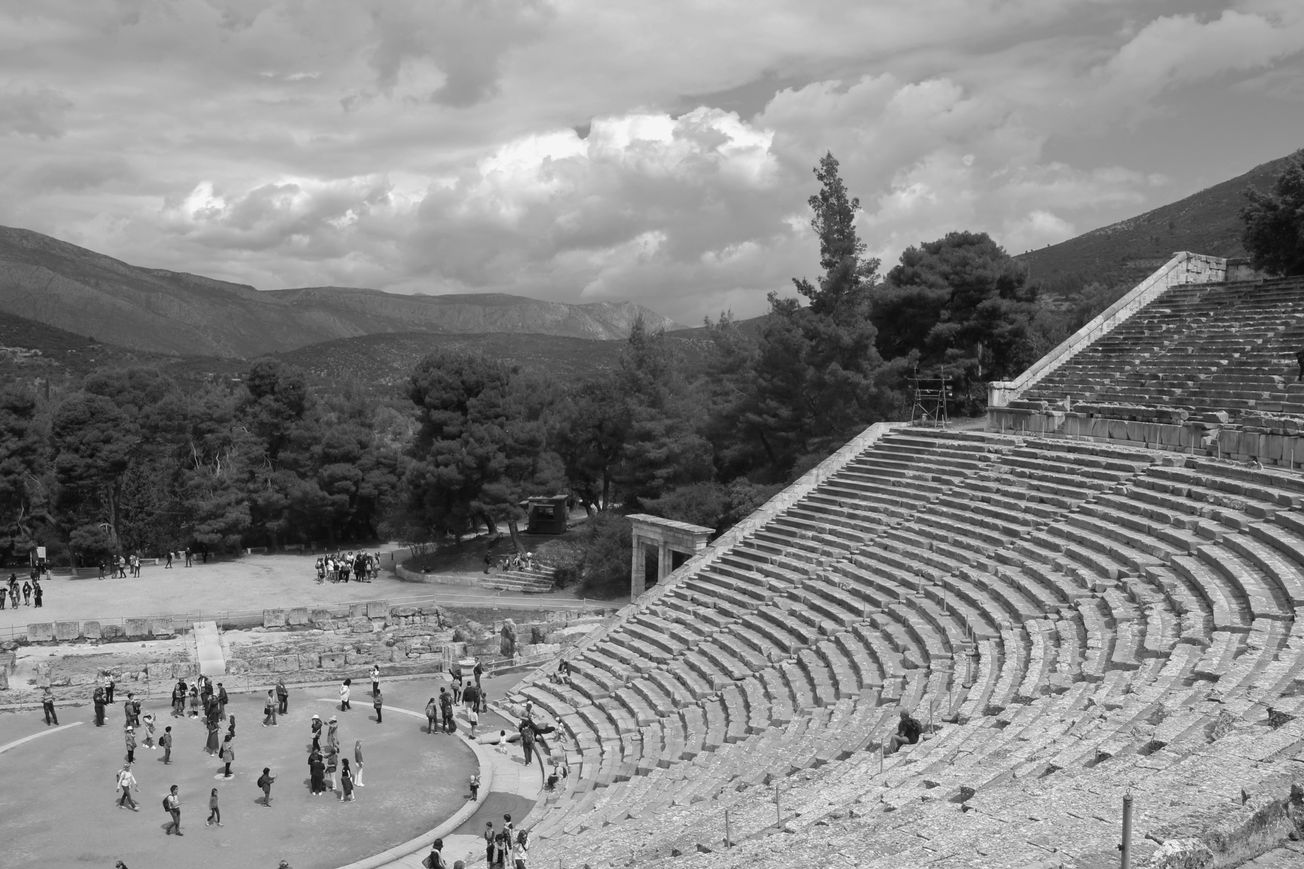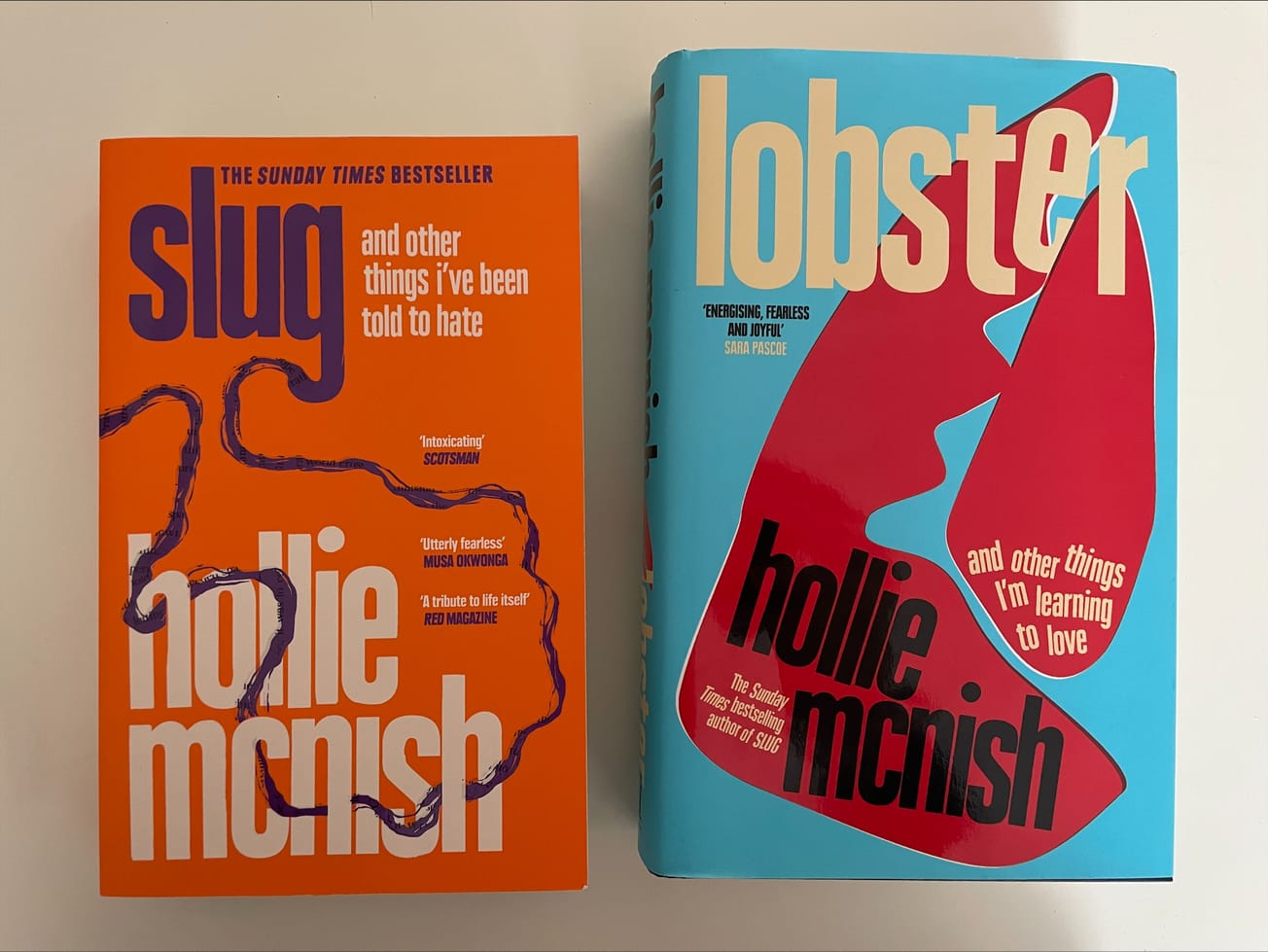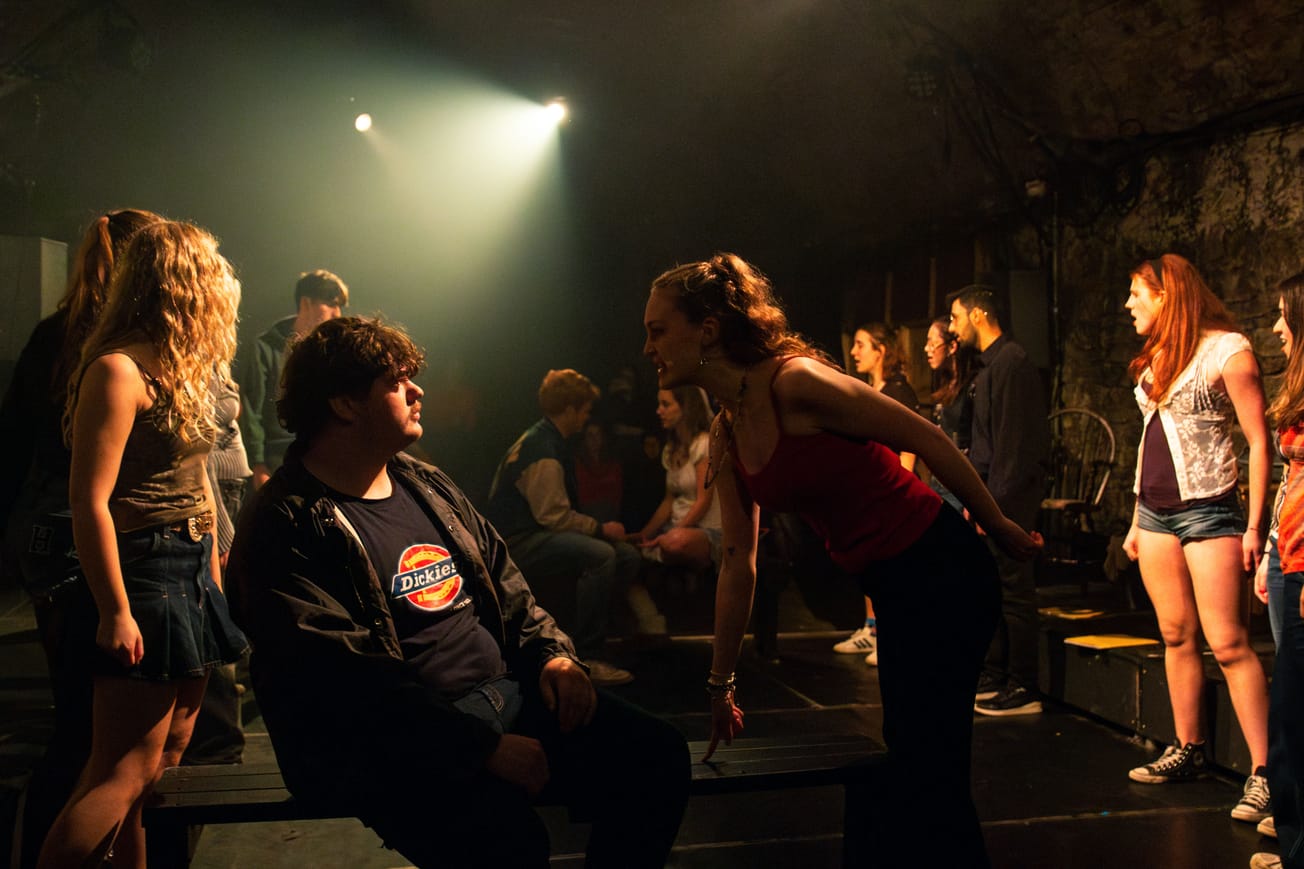By Bamidele Madamidola, Arts Critic
A stimulating take on a classic Greek tragedy.
Following last week's protests, I cannot help but think about Brave Mirror’s Antigone.
Brave Mirror Productions, a Bristol-based theatre company consisting of predominantly Bristol Uni students, recently released their latest zoom-play Antigone.
The abridged production of the Greek Tragedy is a story of love, protest, power and authority. Thebes have just had a civil war; Creon has taken the throne. Antigone, with a fervid love for her brother and the injustice of his death, buries him secretly. For this insubordination, Creon orders her to be executed, risking her own life for her inner sense of justice and morality.
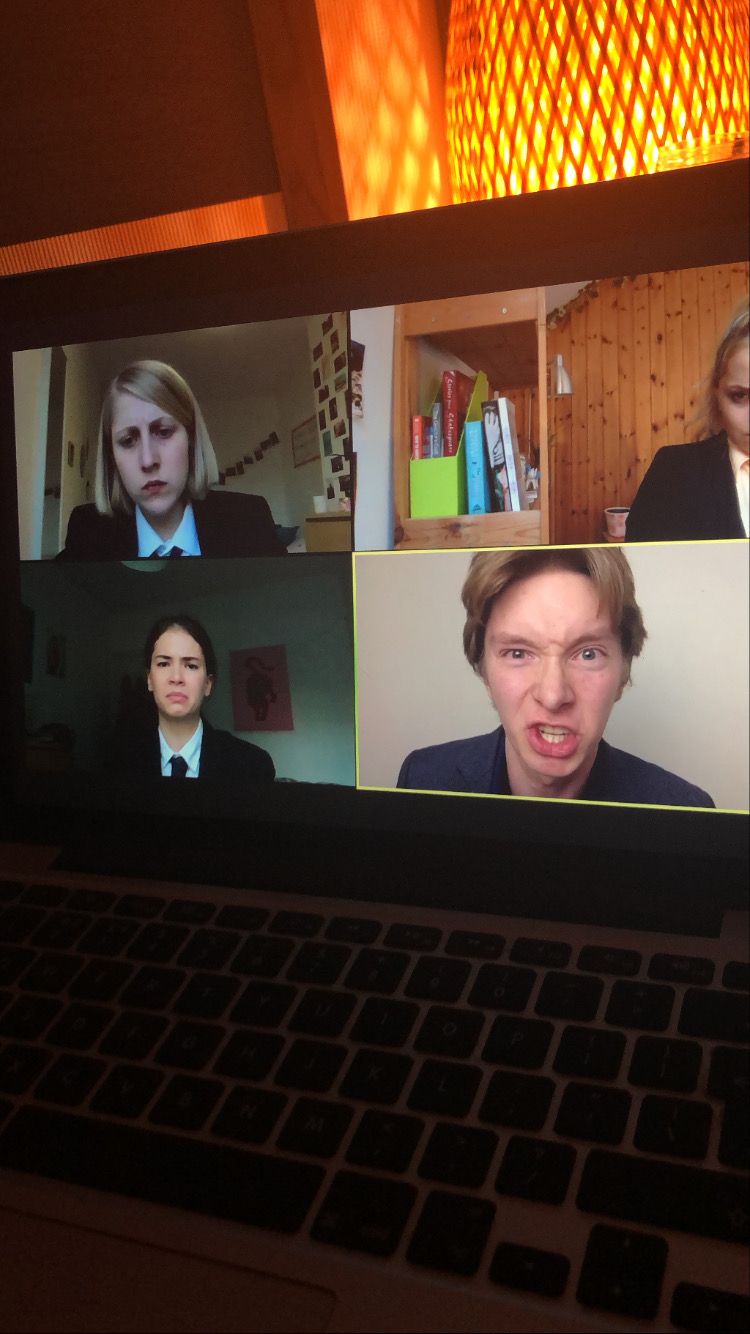
Jamie Saul's adaption and direction of the play offers an array of excellent acting from the comedic and verbose Guard (Charlie Graff) that resembled something of Shakespeare’s Polonius, to the commanding and authoritative performance of Creon by Isobel Granger.
Another performance also worth noting is the final monologue of Antigone (Gemma Lee) before her death. It is a moving and upsetting speech, especially when one is reminded that she is put to death for something we would all assume to be a given right: the right to bury the dead.
However, the performance loses its tension and sense of drama when Antigone's demise is depicted through her sudden removal from the Zoom call. Instead of a dramatic dragging across the stage, it comes across, at worse, comedic, and, at best, an insufficient dramatic finale for our protagonist. But even with the limitations of the Zoom-play format, Antigone offers an excellent politically-charged and thought-provoking analysis of power and authority.
Following last week's protests, I cannot help but think about Brave Mirror’s Antigone.
By the denouement, Creon’s hubris overrules him. Creon rejects the advice from the Prophet leading to tragic consequences. Having seen the truth too late, Granger concludes the play with the declaration:
‘I am a fool yet my punishment for their death is life’.
Antigone’s demise calls into question whether citizens should follow their own morality and justice, when something commonly thought of as a right, is taken away by those in power and authority. Whereas, Creon’s punishment of life, allows us to question the actions of those with authority and what makes a good leader.
If the world is looking at Bristol right now, the theatre-goer should look to Antigone to further interrogate society.
The act of resistance in Antigone is subtle with the protagonist burying her brother. Likewise, acts of resistance in Bristol are also subtle with the peaceful protests against the Police, Crime, Sentencing and Courts Bill that will offer the police and home secretary more power to intervene in ‘highly disruptive protests’. Both in Antigone and within society, we unfortunately see violent reactions from the state, instead of an open dialogue and listening to one another.
Saul’s adaptation reminds us of the relevance of the Classics and the ever-present questions concerning morality, loyalty to the state, and how one can reconcile the two, when those in power appear to be acting immoral.
If the world is looking at Bristol right now, the theatre-goer should look to Antigone to further interrogate society.
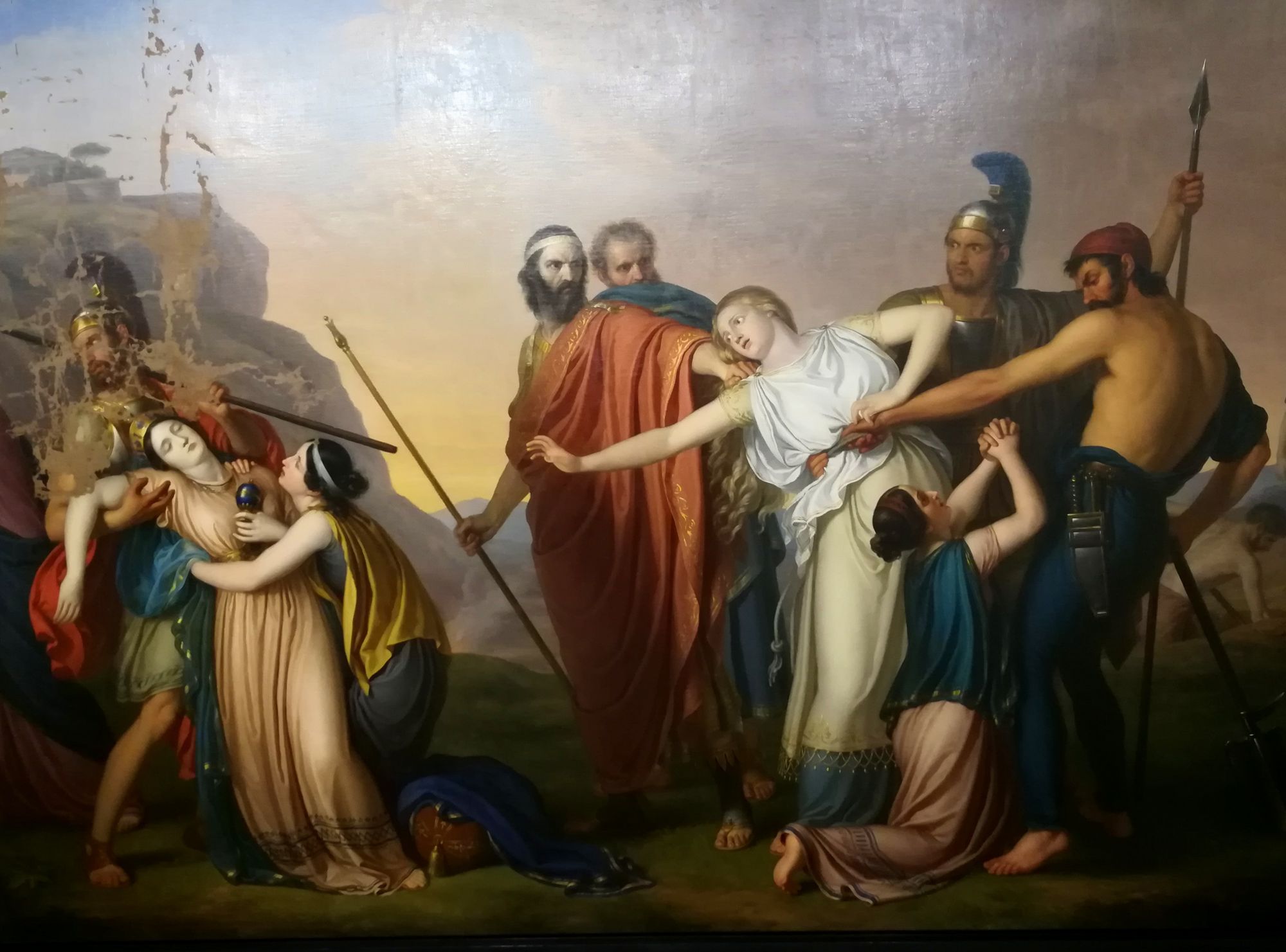
Brave Mirror’s Antigone is an impressive hybrid of theatre and film; it is a great achievement in the arts in spite of COVID regulations changing the way we interact with each other.
Review: ‘City Killed the Stars’, Spotlights ★★★★★ Interview: Brave Mirror's new Zoom-play 'Antigone' nd the process
Brave Mirror’s Antigone is still available to watch here
Featured Image: Unsplash / Uta Scholl
Did you see the production?

